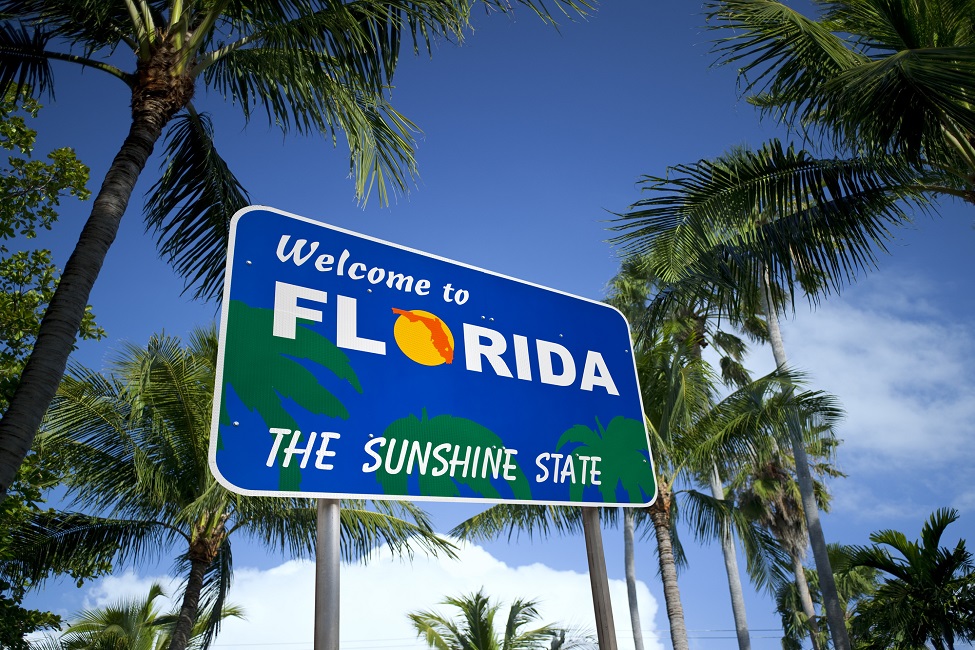Florida Tourism Slowing Amid Recession Fears, Robust Competition

Florida leisure travel is showing signs of decline in recent weeks, offering yet another challenge to employers and tourism officials still trying to recover from the COVID-19 pandemic.
After the Sunshine State’s tourism enjoyed a big bounce-back year in 2021, domestic and international travelers here now are finding discounts and blocks of availability in some markets. That usually doesn’t happen until the historically slow periods of August and September, said Peter Ricci, Ed.D., director of Florida Atlantic University’s Hospitality and Tourism Management program in the College of Business.
Figures for the week of June 5-11, 2022 from STR, a travel industry analyst, showed that Orlando hotel occupancy increased year over year, in part because of a return of conventions and conferences, a large part of that market’s tourism sector. But the STR data also revealed that Miami and Tampa were the only two of the top 25 U.S. markets to post occupancy declines compared to the same period a year ago.
While auto club AAA still expects drivers out in big numbers over the Independence Day weekend, many consumers are staying close to home because of skyrocketing gas prices and increased costs for food and housing amid 40-year-high inflation. What’s more, Florida tourism faces more competition from other areas that were off limits due to COVID-19 restrictions but are now open for business.
“Consumers are tightening their belts, and one of the first things they cut back on is vacations,” Ricci said. “But the other culprit is states and cities that essentially shut down during the pandemic are now wide open again and promoting heavily. Places such as New York, Los Angeles and Chicago are just now experiencing the incredible demand that Florida saw in summer 2020.”
Hospitality is the largest private employer in Florida, with more than 1.1 million people working in the industry. Estimates showed that roughly half of those workers were laid off or had hours reduced at the height of the COVID-19 pandemic in spring 2020. Despite the strong year in 2021, Florida restaurants and hotels are still reeling from the pandemic due to continued revenue shortfalls, labor shortages and supply-chain issues.
Ricci believes deep discounts are bad for the hospitality business, saying slashing rates is a bad precedent that can have long-lasting repercussions. He also noted that hospitality researchers have found that heavy discounting does not provide a consistent boost in revenue.
“Discounting in the short run will not create a sustainable environment for hotels, restaurants, car rental agencies and the like,” he said. “Instead, they need to create new demand among those who enjoyed their prior visits or those who have not yet taken their first leisure trip post-COVID.”
Ricci expects Florida’s destination marketers will combat this latest downturn with additional outreach, short-term campaigns and other creative methods to lure travelers back. One bright spot is that meetings, conventions and conferences are just now beginning their post-COVID rebounds outside the Orlando market.
“While we entice leisure travelers back to the table, group travel and other market segments can help get us through this difficult period,” Ricci said. “Florida has far more to offer in variety than many other visitor hot spots.”
-FAU-
Tags: faculty and staff | coronavirus | business